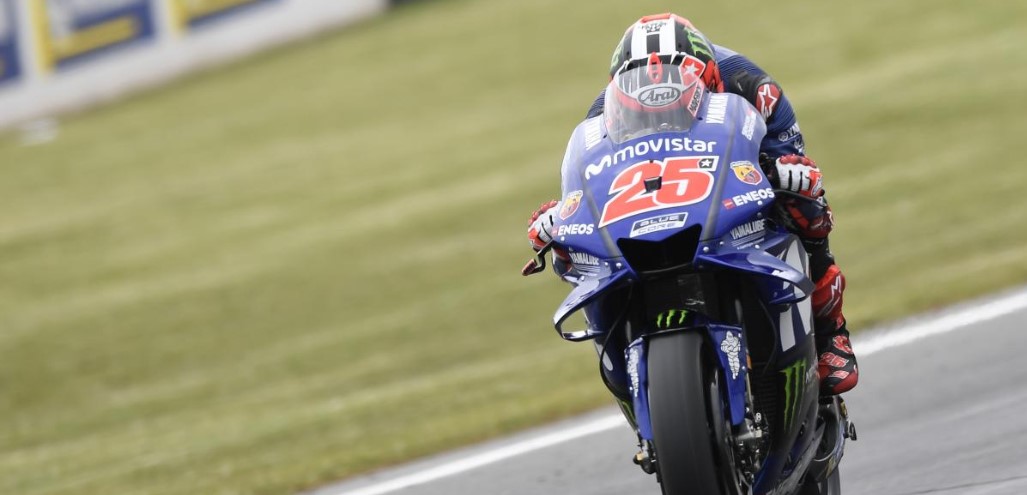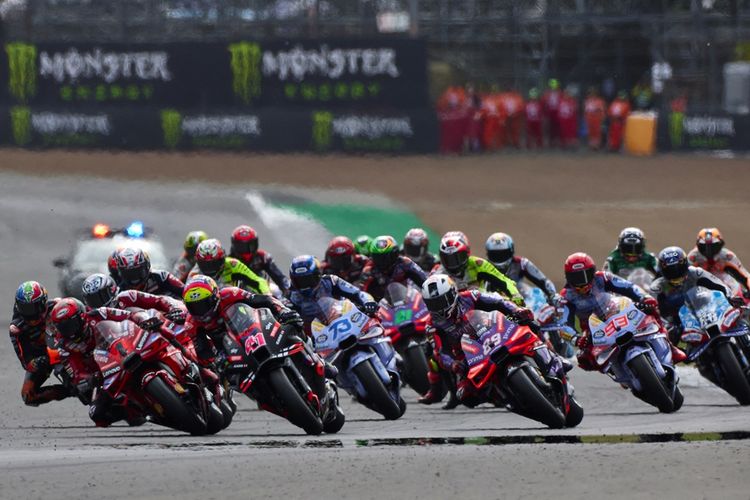The Fourth Decade In F1: Triumphs And Challenges Of Veteran Drivers

Table of Contents
The Physical and Mental Demands of F1 in Later Years
The physical demands of Formula 1 racing are immense. Drivers endure extreme G-forces, intense heat, and require lightning-fast reflexes. Maintaining peak physical condition in one's fourth decade presents a significant challenge.
Maintaining Peak Physical Condition
- Specialized Training Programs: Veteran drivers often employ rigorous training regimes tailored to their age and physical capabilities, focusing on strength, endurance, and cardiovascular health. This might involve personalized workouts incorporating weight training, cycling, and running.
- Dietary Adjustments: A meticulously planned diet is crucial, emphasizing nutrition for optimal energy levels and recovery. Hydration is paramount, particularly given the physical exertion experienced during races.
- Physiotherapy: Regular physiotherapy sessions help manage muscle fatigue, prevent injuries, and optimize flexibility and mobility. This proactive approach is essential for mitigating the wear and tear of years of intense physical activity.
- Technological Advancements: Advances in sports science and technology, such as advanced training equipment and performance monitoring tools, contribute to better fitness management in older drivers.
Examples of drivers who've maintained exceptional fitness well into their 40s include Fernando Alonso, showcasing dedication to physical preparation as a key factor in his continued success.
The Mental Game: Experience vs. Reaction Time
While experience undeniably provides an edge in strategy and car management, age can affect reaction time. This raises a crucial question: how do veteran drivers compensate for potentially slower reflexes?
- Experience's Advantage in Race Strategy and Car Management: Years of experience translate into superior racecraft, allowing veterans to make informed decisions about tire management, fuel strategy, and overtaking opportunities. Their understanding of track conditions and competitor behavior is invaluable.
- The Impact of Declining Reaction Time on Qualifying and Overtaking: Qualifying sessions and overtaking maneuvers often demand split-second decisions. While reaction time might naturally decline with age, seasoned drivers compensate with anticipation and strategic positioning.
- Mental Fortitude and Resilience: The mental aspect of F1 is paramount. Veteran drivers possess immense mental fortitude, built through years of facing pressure, setbacks, and high-stakes competition. This resilience becomes particularly important in their later years.
Consider Kimi Räikkönen's career: His strategic brilliance often outweighed any potential limitations in raw speed, a testament to experience compensating for age-related factors.
The Shifting Landscape of F1: Adapting to New Technologies and Teams
Formula 1 is a sport of relentless technological advancement. New car designs, sophisticated electronics, and ever-evolving regulations demand constant adaptation from drivers of all ages, particularly veterans.
Technological Advancements
- Learning Curves for New Technologies: Each season presents new challenges as teams introduce innovative technologies and systems. Veteran drivers need to quickly learn and master these advancements, sometimes facing steeper learning curves than younger drivers.
- Simulator Training's Importance: Simulators are indispensable tools for drivers of all ages, but they play a crucial role for veterans. Simulators allow drivers to familiarize themselves with new technologies and track layouts in a controlled environment.
- Collaboration with Younger Engineers: Successful veteran drivers collaborate effectively with younger engineers, leveraging their experience to guide development and provide valuable feedback. This collaborative approach ensures successful integration of new technologies.
Lewis Hamilton's long and successful career exemplifies how a driver can successfully adapt to continuous technological changes and remain highly competitive.
Team Dynamics and Mentorship
The relationship between veteran and younger drivers within teams is complex, presenting both challenges and opportunities.
- Mentorship Roles: Veteran drivers often serve as mentors, guiding and sharing their invaluable knowledge and experience with younger teammates. This mentorship greatly benefits the team's overall performance.
- Sharing Experience: Veteran drivers can contribute significantly by sharing their insights on race strategies, car setups, and track knowledge. This collective experience enhances the team's competitiveness.
- Team Leadership: Experienced drivers often assume leadership roles within the team, providing stability, guidance, and motivation to the rest of the drivers and crew.
- Potential Conflicts and Competition: Internal competition within a team can be intense, particularly when a veteran driver is challenged by a younger, rising star. Managing these dynamics effectively is vital for team harmony.
The dynamic between a veteran like Sebastian Vettel and a younger teammate showcases the complexities and challenges of team dynamics in F1.
Notable Examples of Success and Resilience in the Fourth Decade
Several drivers have demonstrated remarkable achievements and resilience in their fourth decade in F1.
Case Studies of Veteran Success
- Alain Prost: Prost's dominance in the late 1980s and early 1990s showcased his mastery of racecraft even into his later years. He won his fourth world championship at the age of 36.
- Michael Schumacher: Although partially within his fourth decade, Schumacher's comeback with Mercedes exemplified his enduring passion for the sport and his ability to adapt to a new generation of cars.
- Other Examples: Numerous other drivers have achieved notable success in their later years. Each case study provides valuable insights into the strategies and approaches used to overcome age-related challenges.
Overcoming Adversity
The path of a veteran F1 driver is not without obstacles.
- Dealing with Injuries: The physical demands of the sport increase the risk of injuries. Veteran drivers need to effectively manage these setbacks and adapt their training accordingly.
- Adapting to Changing Team Dynamics: The ever-changing dynamics within teams require adaptability and a willingness to adjust to new roles and expectations.
- Maintaining Motivation: Maintaining motivation and passion throughout a long and demanding career requires unwavering dedication and mental resilience.
- Pressure from Younger Drivers: The pressure from younger, ambitious drivers can be intense. Veteran drivers must manage this competition effectively.
Fernando Alonso's consistent drive to improve, adapt, and compete against much younger drivers highlights this resilience.
Conclusion
The fourth decade in F1 presents veteran drivers with unique challenges, notably physical limitations and the rapid pace of technological change. However, their vast experience, mental fortitude, and ability to adapt are often crucial factors in their continued success. Their contributions to the sport go beyond mere racing; they serve as mentors, leaders, and valuable sources of knowledge for younger drivers and teams. What are your thoughts on the triumphs and challenges faced by drivers in their fourth decade in F1? Discuss your favorite veteran driver and their contribution to the sport in the comments below. #F1Veterans #Formula1Legends

Featured Posts
-
 Hasil Fp 1 Moto Gp Inggris Analisis Performa Dan Insiden Motor Mogok
May 26, 2025
Hasil Fp 1 Moto Gp Inggris Analisis Performa Dan Insiden Motor Mogok
May 26, 2025 -
 Paris Roubaix Bottle Throwing Spectator Turns Himself In
May 26, 2025
Paris Roubaix Bottle Throwing Spectator Turns Himself In
May 26, 2025 -
 Le Clash Ardisson Baffie Une Replique Memorable
May 26, 2025
Le Clash Ardisson Baffie Une Replique Memorable
May 26, 2025 -
 Moto Gp Inggris 2025 Jadwal Sirkuit Dan Pembalap
May 26, 2025
Moto Gp Inggris 2025 Jadwal Sirkuit Dan Pembalap
May 26, 2025 -
 Le Dossier Du Nouveau Siege De La Rtbf La Ministre Galant Veut Tout Savoir
May 26, 2025
Le Dossier Du Nouveau Siege De La Rtbf La Ministre Galant Veut Tout Savoir
May 26, 2025
